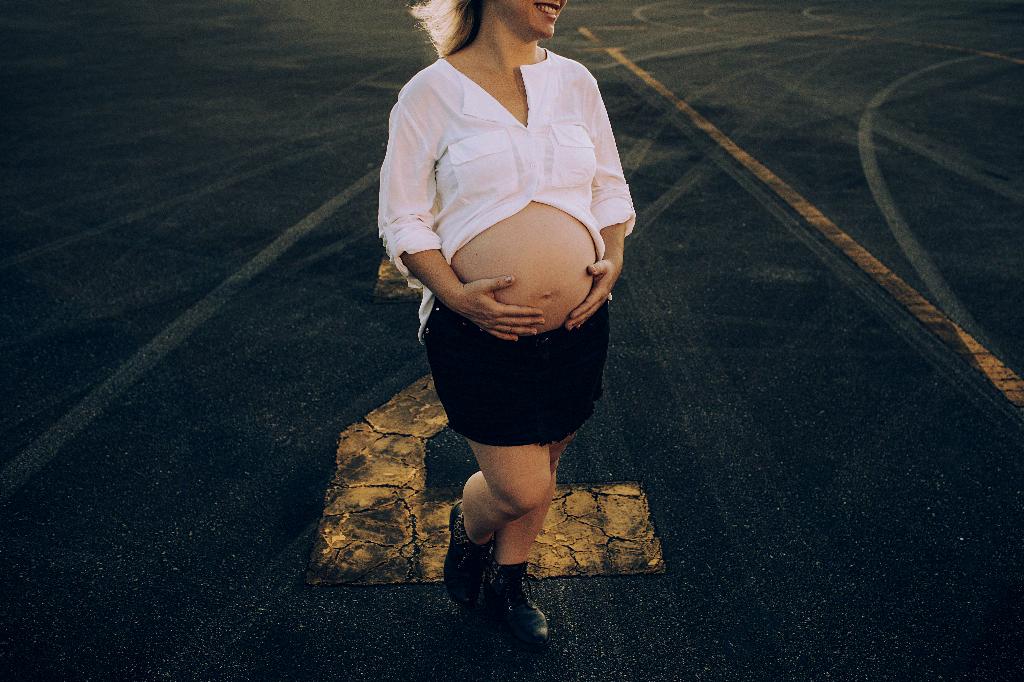When it comes to determining the number of weeks pregnant you are after a successful IVF procedure, it’s crucial to consider the specific details of the treatment you underwent. Whether you utilized your own eggs or opted for a fresh donor egg cycle, the timeline for calculating your pregnancy weeks may vary.
IVF with Own Eggs
If you underwent IVF using your own eggs, with or without ICSI (Intracytoplasmic Sperm Injection), the general calculation for determining your pregnancy weeks involves adding 266 days or approximately 38 weeks to the date of egg retrieval. This calculation takes into account the time from conception to full-term pregnancy.
IVF with Fresh Donor Egg Cycle
For individuals who underwent IVF with a fresh donor egg cycle, the method of calculating pregnancy weeks remains consistent with using your own eggs. By adding 266 days or 38 weeks to the date of egg retrieval, you can estimate how far along you are in your pregnancy after a successful IVF procedure.
Understanding Fresh Donor Embryo Cycle
In scenarios where a fresh donor embryo cycle was utilized during the IVF process, the timeline for calculating pregnancy weeks aligns with the previous methods. Adding 266 days or 38 weeks from the date of egg retrieval allows you to determine the number of weeks pregnant you are after a successful IVF cycle.
Accounting for Individual Variances
While these general guidelines provide a framework for estimating pregnancy weeks after successful IVF, it’s important to recognize that individual variances may exist. Factors such as the specific details of the IVF procedure, embryo development, and personal health can all impact the precise calculation of pregnancy weeks.
Consulting with Your Healthcare Provider
Given the nuances involved in determining the exact number of weeks pregnant you are following IVF, it’s advisable to consult closely with your healthcare provider. Your medical team can offer personalized guidance and support in tracking your pregnancy progress accurately.
Emotional and Physical Considerations
Aside from the medical aspects of calculating pregnancy weeks after IVF, it’s essential to acknowledge the emotional and physical journey involved in assisted reproduction. The process can bring about a range of feelings and experiences that deserve attention and care.
Importance of Self-Care
Engaging in self-care practices, such as seeking emotional support, practicing mindfulness, and maintaining a healthy lifestyle, can positively impact your well-being during this transformative time. Nurturing your mental and physical health is key as you navigate the intricacies of pregnancy post-IVF.
Celebrating Milestones
Each step of your pregnancy journey following a successful IVF procedure is a milestone worth celebrating. From the initial stages of conception to the growth and development of your baby, honoring these moments can foster a sense of connection and joy during this remarkable chapter of your life.
Planning for the Future
Looking ahead, it’s beneficial to plan and prepare for the upcoming stages of your pregnancy and eventual childbirth. Discussing birthing preferences, creating a support network, and addressing any concerns with your healthcare provider can help you feel empowered and ready for the future.
Gratitude and Resilience
As you progress through your pregnancy journey post-IVF, embracing feelings of gratitude for your growing family and recognizing your resilience in overcoming challenges can foster a sense of positivity and strength. Your unique path to parenthood is a testament to your unwavering determination and hope.
Conclusion
In conclusion, the number of weeks pregnant you are after a successful IVF procedure can be estimated by adding 266 days or approximately 38 weeks to the date of egg retrieval, depending on the specific details of your treatment. By engaging in self-care, seeking support, and embracing the milestones along the way, you can navigate this transformative journey with confidence and grace.

